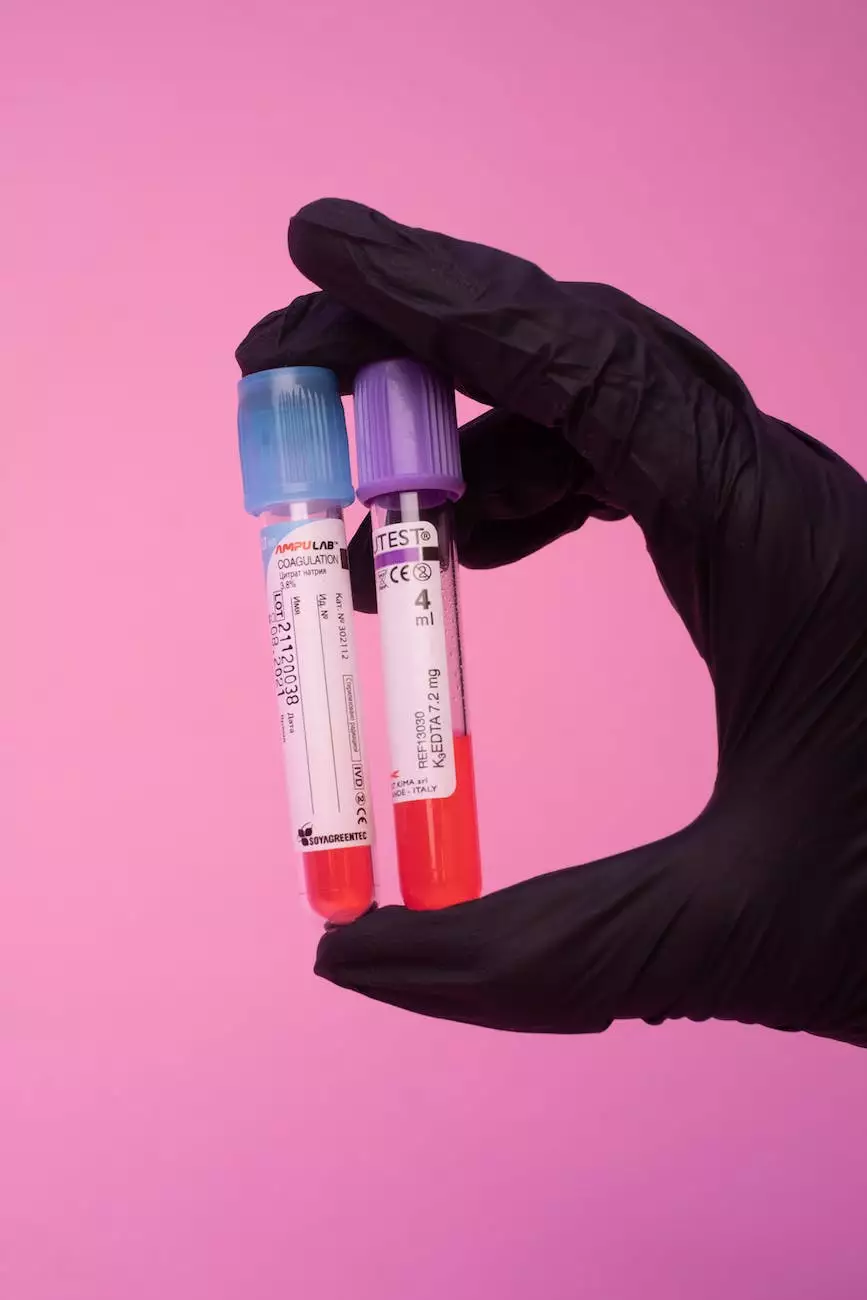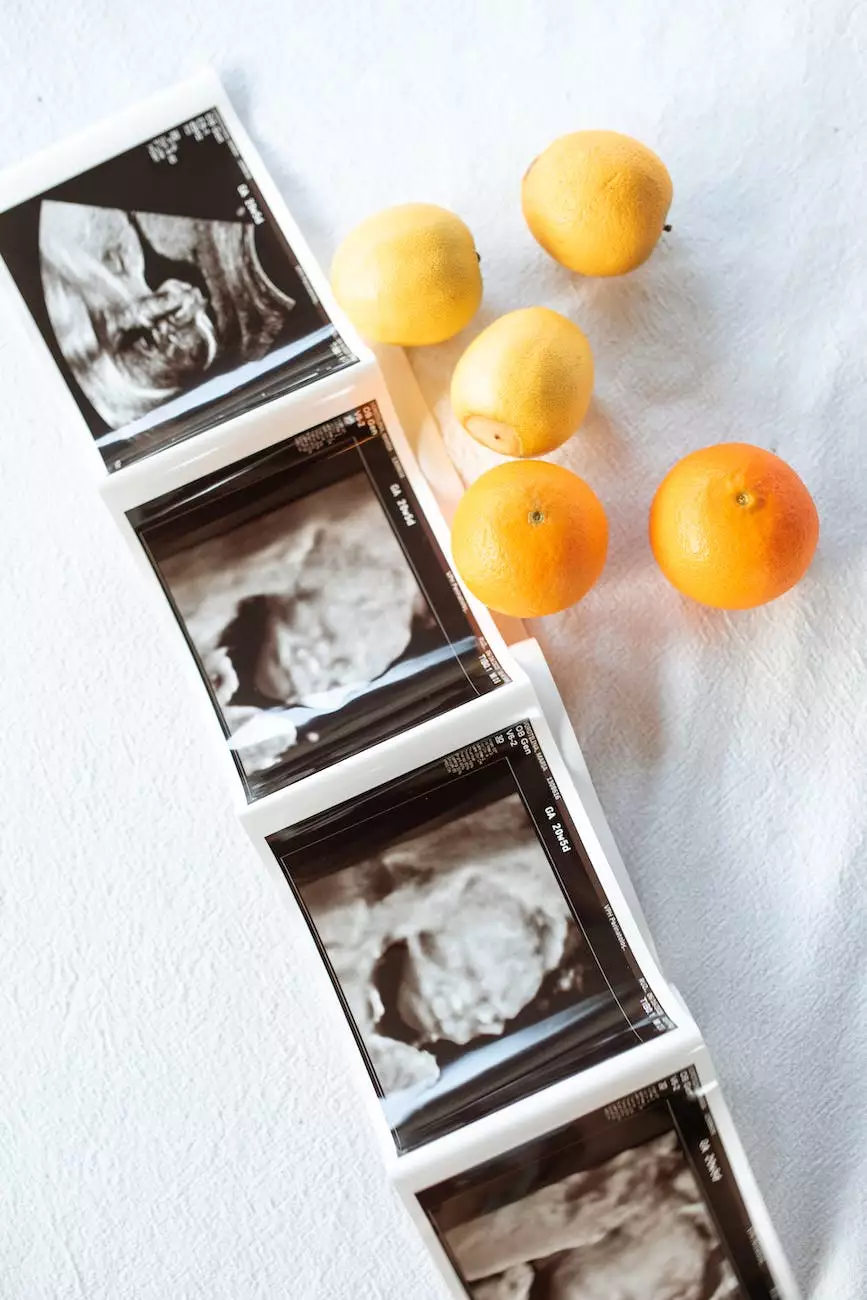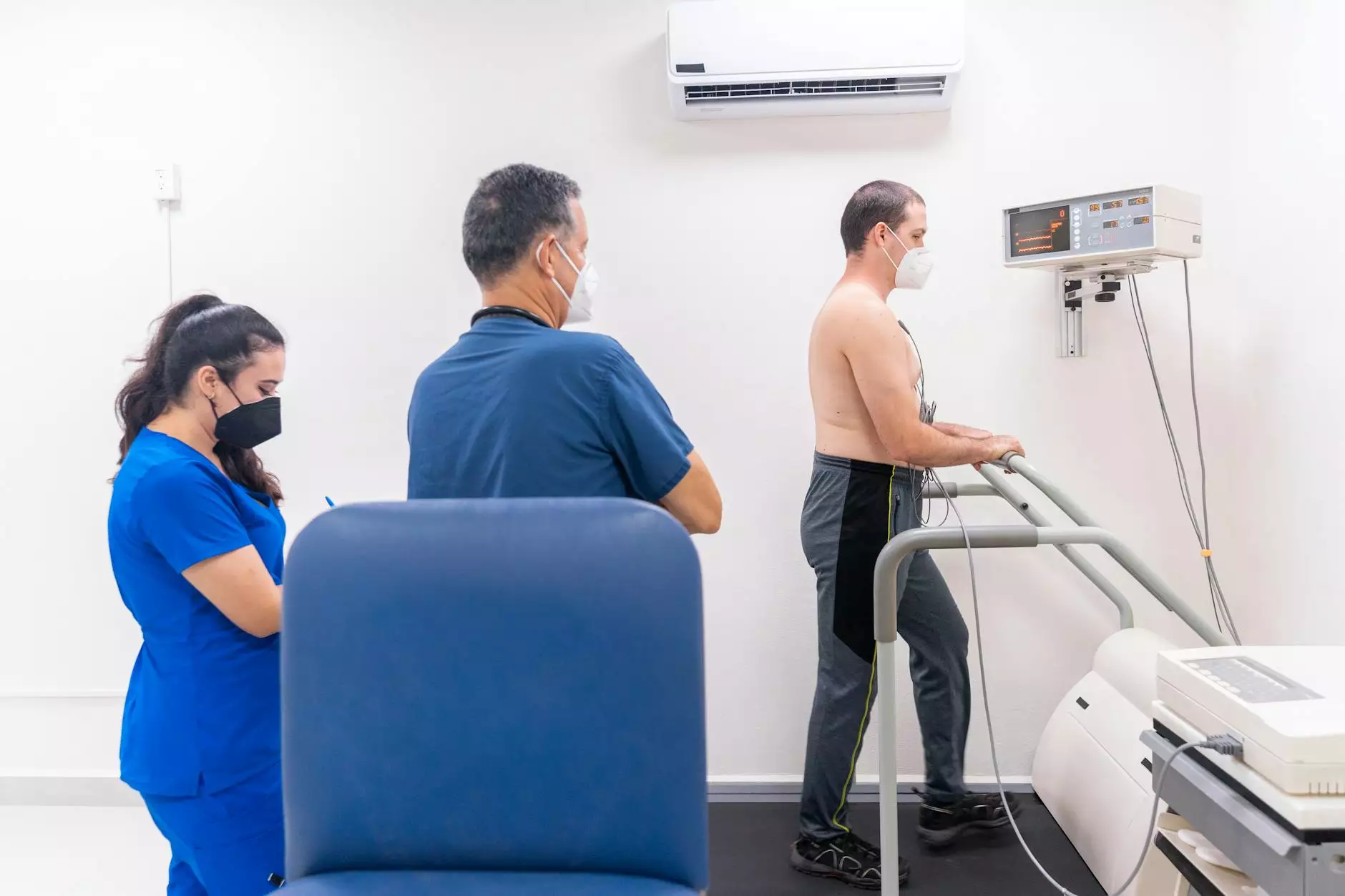TRT and Blood Clots—Research Shows No Direct Link
Cardiology
Welcome to CHI St. Luke’s Health - Performance Medicine, your trusted source for evidence-based insights and cutting-edge information on various health topics. In this article, we will explore the potential link between testosterone replacement therapy (TRT) and blood clot formation. Through extensive research and analysis, we aim to provide a comprehensive understanding of this subject to help clarify any misconceptions you may have encountered.
Understanding Testosterone Replacement Therapy (TRT)
Testosterone replacement therapy (TRT) is a medical treatment prescribed for individuals with low testosterone levels. TRT aims to restore testosterone levels to a normal range, providing numerous benefits such as increased energy, enhanced libido, and improved mood. However, it is essential to address concerns regarding the association between TRT and blood clot formation.
Exploring the Research
Extensive scientific research has been conducted to investigate the potential link between TRT and blood clot formation. Studies have analyzed large populations and monitored individuals receiving TRT to assess any substantial increase in blood clot risks.
Study 1: The Testosterone Trials
In the Testosterone Trials, a landmark research initiative, no statistically significant association was found between TRT and blood clot formation. The study involved a comprehensive analysis of data from over 7,000 participants, demonstrating that TRT did not increase the risk of blood clots.
Study 2: Meta-Analysis of Observational Studies
Another notable research endeavor, a meta-analysis of observational studies, also concluded that TRT does not contribute to a higher risk of blood clot formation. This comprehensive analysis, which included data from various studies and a large number of participants, provided robust evidence supporting the safety of TRT in relation to blood clots.
Understanding the Mechanism
Understanding the underlying mechanism can further reinforce the lack of a direct link between TRT and blood clot formation. Testosterone replacement therapy, when administered under proper medical supervision and with appropriate dosage adjustments, helps maintain hormonal balance and supports several physiological processes in the body.
Furthermore, it is important to note that the body has natural mechanisms to prevent excessive clot formation, such as blood thinning agents and anticoagulant proteins. These mechanisms help regulate blood clotting and mitigate risks.
Risk Assessment and Monitoring
While the research suggests no direct link between TRT and blood clot formation, it is crucial to approach any treatment with caution. Physicians at CHI St. Luke’s Health - Performance Medicine always conduct a thorough assessment of individual risk factors and carefully monitor patients during TRT.
Risk factors, such as a history of blood clot events or existing conditions, would be considered during risk assessments. Additionally, monitoring blood clotting markers and conducting regular check-ups provide comprehensive care and ensure early detection of any abnormalities.
Conclusion
The association between TRT and blood clot formation has been extensively studied, with research consistently showing no direct link between the two. The findings from the Testosterone Trials and multiple observational studies provide robust evidence supporting the safety of TRT in relation to blood clotting risks.
At CHI St. Luke’s Health - Performance Medicine, we prioritize evidence-based information to empower our patients with accurate knowledge. If you have further questions or concerns regarding TRT and blood clot risks, please don't hesitate to reach out to our knowledgeable healthcare professionals.










